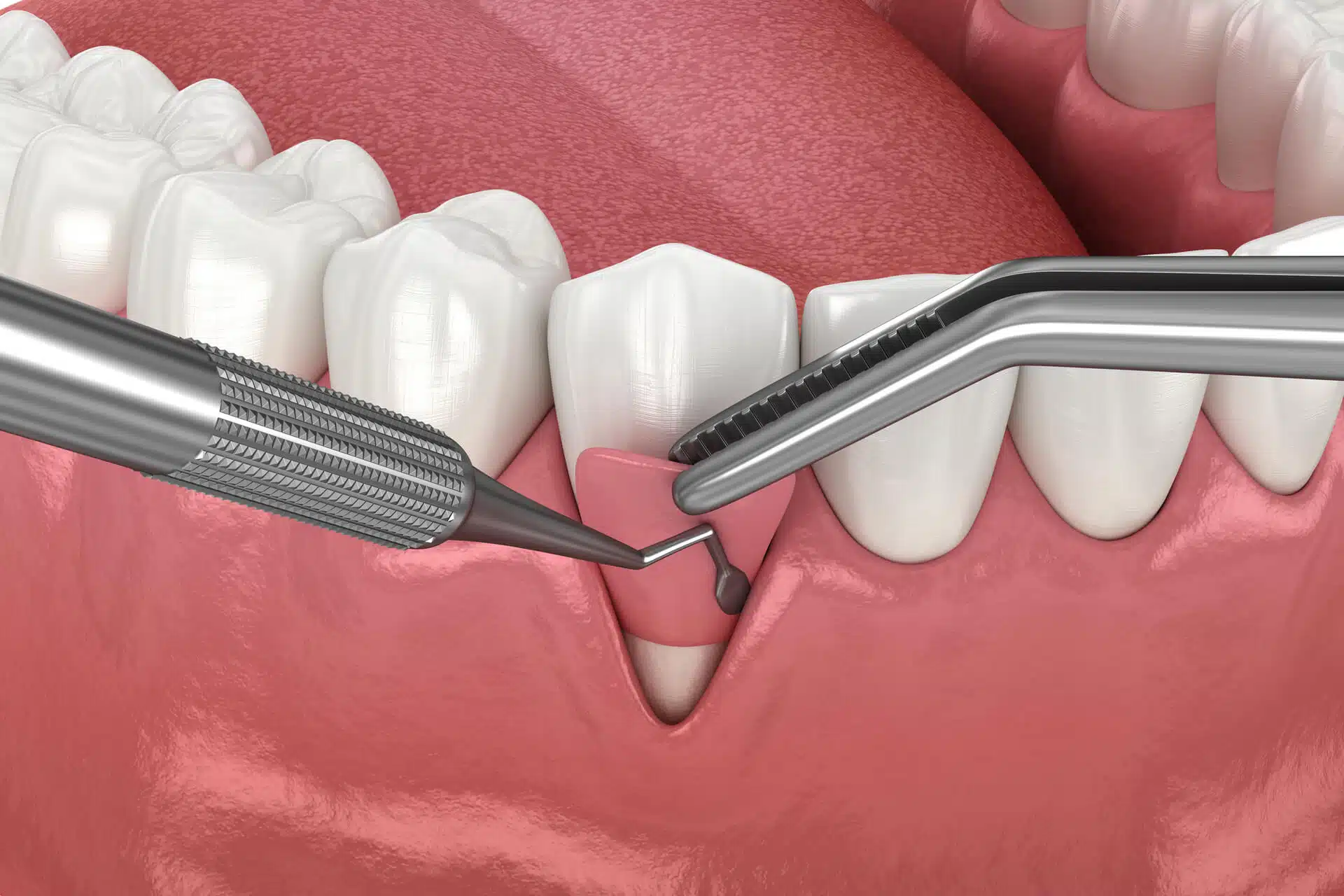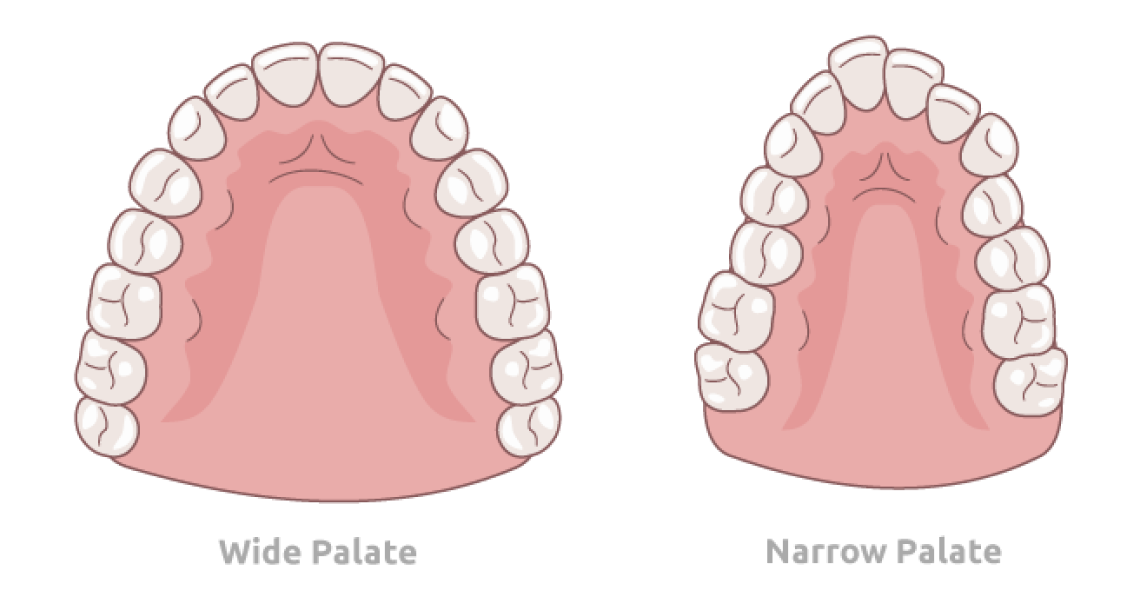Halitosis, commonly known as bad breath, is more than just a minor annoyance. It’s a widespread issue that affects millions of Canadians, often causing social embarrassment, reduced confidence, and even anxiety in personal or professional settings.
While temporary bad breath after eating or sleeping is normal, chronic halitosis could point to a deeper dental or medical concern.
At Chagger Dental Clinic, serving the communities of Burlington and Mississauga, we prioritise your complete oral health—from clean, cavity-free teeth to fresh, odour-free breath. In this guide, we explore what halitosis is, its signs, common causes, and effective treatment options.
What is Halitosis?
Halitosis is the medical term for persistent, unpleasant breath odour. Unlike morning breath or temporary bad breath from foods like garlic or coffee, halitosis is chronic and may persist despite brushing or chewing gum.
It’s one of the most frequent concerns raised during dental visits across Canada. Luckily, it’s often preventable and treatable, once the underlying cause is identified.
Symptoms of Halitosis
You might have halitosis if you or others notice the following:
- A foul odour from the mouth
- Dry mouth or sticky saliva
- A white or yellowish coating on the tongue
- A bad taste in your mouth that doesn’t go away
- Self-consciousness or anxiety about talking closely with others
In many cases, individuals are unaware of their breath odour until someone points it out or a dentist evaluates them.
Common Causes of Halitosis
1. Poor Oral Hygiene
Failing to brush and floss regularly allows bacteria to thrive on food debris and plaque. These bacteria release sulphur compounds that cause a bad odour. Not brushing your tongue can also contribute.
2. Gum Disease (Periodontal Disease)
If you have inflamed gums, receding gum lines, or bleeding when you brush, you may have gum disease. This infection creates pockets where odour-causing bacteria multiply.
At Chagger Dental, we offer deep cleaning treatments to address this effectively.
3. Diet and Nutrition
Foods like onions, garlic, and spicy dishes are metabolised in the body and released through the lungs, affecting breath. High-protein and low-carb diets can also lead to ketone production, resulting in "fruity" or "metallic" breath.
4. Smoking and Tobacco Use
Smoking dries the mouth, impairs gum health, and leaves a long-lasting unpleasant smell. Smokers are also more prone to tartar buildup and gum disease.
5. Dry Mouth (Xerostomia)
Saliva naturally cleans the mouth. In colder Canadian climates or during winter heating, many people suffer from dry mouth, especially seniors or those on certain medications.
6. Medical Conditions
Chronic conditions like diabetes, acid reflux, sinus infections, liver disease, or tonsillitis can all result in foul-smelling breath.
Treatment of Halitosis
At Chagger Dental Clinic, we start with a thorough examination to determine the cause. Treatment may include:
- Improved Oral Hygiene Routine
Brushing twice a day, flossing daily, and using a tongue scraper help eliminate bacteria and debris. - Therapeutic Mouthwashes
We may recommend antibacterial rinses with chlorhexidine or essential oils to target odour-causing bacteria. - Gum Disease Treatment
If gum disease is diagnosed, we offer scaling and root planing to remove plaque from beneath the gum line. - Tobacco Cessation Support
We encourage and support quitting smoking—not only for your breath but for your overall oral and systemic health. - Dietary Adjustments
Reducing intake of pungent foods, increasing fresh produce, and staying away from crash diets can help regulate mouth odour. - Stay Hydrated
Keep a refillable water bottle on hand, especially in winter. Drinking water helps to flush the mouth and stimulate saliva production. - Medical Referral (if necessary)
If your dentist suspects a medical issue, we’ll refer you to a family doctor, ENT specialist, or gastroenterologist for further evaluation.
FAQs About Halitosis
Is halitosis a common issue in Canada?
Yes, especially during colder months when dry mouth is more prevalent. It’s a frequent reason people visit our clinics in Burlington and Mississauga.
What’s the fastest way to tell if I have bad breath?
Try the wrist test: lick your wrist, let it dry, then sniff. If it smells off, your breath might too. Or ask a trusted friend or your dentist during a check-up.
Can mouthwash alone fix bad breath?
Not always. Mouthwash can temporarily mask odour, but it doesn’t address deeper issues like gum disease or dry mouth.
What if my bad breath is from my stomach or throat?
GERD, tonsil stones, or sinus infections may be to blame. In these cases, we’ll guide you toward the appropriate medical support.
How often should I visit the dentist for halitosis?
We recommend a check-up every 6 months, but more frequent visits may be necessary if you’re undergoing periodontal treatment.
Conclusion: Fresh Breath Starts With Professional Care
Halitosis may be common, but it shouldn’t be ignored. With the right diagnosis and care, you can regain confidence, restore oral health, and enjoy fresher breath.
At Chagger Dental Clinic, we’re proud to help patients across Burlington and Mississauga feel good about their smiles—and how their breath smells, too.
Book your appointment today and let our experienced team help you identify the root cause of your halitosis and tailor a treatment plan that works.





















